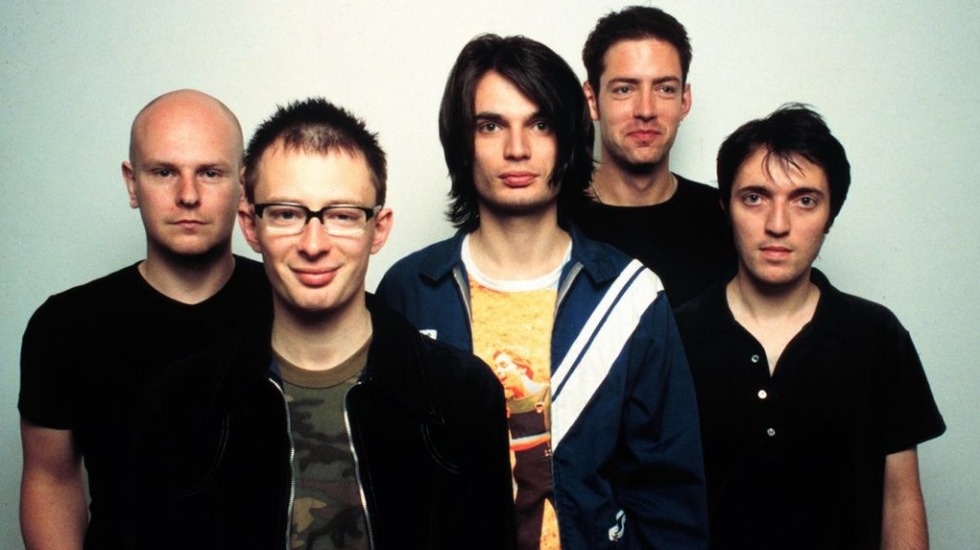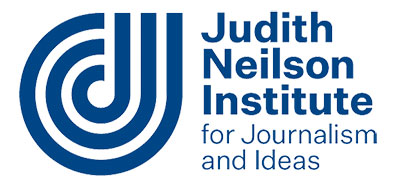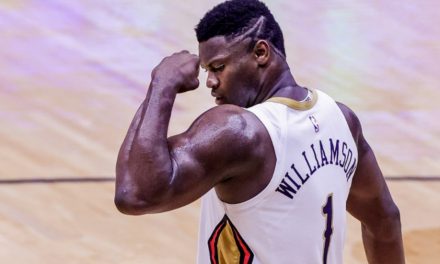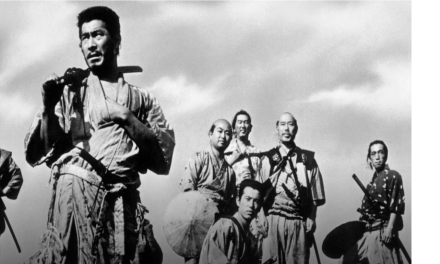Radiohead were one of the most significant rock bands of the 1990s. Photo: Getty Images.
The 1990s were maybe the final golden age of western culture before life, once again got complicated.
Every great party has to end, and it took an unlikely English rock band to call last drinks on the decade we thought would never end.
Radiohead killed the 90s. Here’s how they did it and, just as importantly, why.
Sunday 1st, February, 1998
It’s a sweltering Sunday evening in Melbourne, and down by the railyards in West Melbourne, the old “House of Stoush”, Festival Hall, is broiling.
UK band Radiohead are on stage and the old joint is heaving.
Festival Hall is not a theatre of dreams the way the Royal Albert Hall or the Sydney Opera House are. Those places are built as temples for artistic genius. This place is built as an altar of blood sacrifices and primal instincts.
Sometimes, though, when the energy of a band at its peak collides at full velocity with the moment, magic does happen despite the desolate terrain of the dusty floor boards and beer-stained bleachers.
Midway through the show, Radiohead play the doleful opening chords to “Karma Police” the pivot point on their triumphant third album OK Computer, and the fervour that has been building throughout the show rips a hole in the time-space continuum.
It’s one of those precious moments where collectively, the audience knows it is witness to the only gig worth seeing on the planet right now.
It’s almost an out-of-body experience, as you are liberated by the spirit of the music as it connects like a power grid through everyone in the room, electrifying, exhilarating, untouchable and unforgettable.
That night, it was clear Radiohead were on the cusp of greatness. OK Computer had become the touchstone for the 90s, a Dark side of The Moon for the Seinfeld generation.
The Oxford outfit had already defied the odds. When their debut single “Creep” from their debut album Pablo Honey became a worldwide hit, they were instantly tagged as one-hit wonders, a grunge pop comet that would surely blaze out.
The band had other ideas though.
My first encounter with them was on June 16th, 1994, at the Palace in Melbourne. It was two years on from “Creep” owning the airwaves and most of the rock cognoscenti had put a red line through their name.
At that point Radiohead had hit an impasse on the recording of what would come to be their second album The Bends and were taking the songs on the road to panel beat them into shape.
In front of a couple of hundred indifferent punters they pulled the curtain back on songs like “My Iron Lung”, “The Bends”, “You” and “Just” and I was awestruck.
This was a band that would matter. And so it came to pass.
By 1998, Radiohead had won a seat at the big table, and following the success of OK Computer, which had provided generational anthems like “Paranoid Android” and “Karma Police”.
They were a Nevermind or Achtung Baby away from cementing the number one ranking as the biggest band on the planet.
PLEASE HELP US CONTINUE TO THRIVE BY BECOMING AN OFFICIAL FOOTYOLOGY PATRON. JUST CLICK THIS LINK.
However, as the 90s wound down, the optimism and self confidence that characterised the first post-cold war decade was starting to falter.
The Brit-Pop party had morphed into a nasty hangover as Tony Blair’s New Labour revealed itself to be all slogans and spin. Oasis has disappeared into a cocaine blizzard, Blur were issuing spiky, introverted missives telling us Parklife was for fools.
Around the world, the arrogance of the ‘End of History’ materialism that made the 90s a last great victory lap for western democracy and consumerism was making enemies, as resentment grew at the entitlement of powerful western countries and their economic and cultural hegemony.
The internet was bursting into life, and the early optimism of a new egalitarian global village of shared ideas and information was already starting to fray as darker forces also discovered its power to organise and influence millions.
As the world whipped itself into a frenzy over the soon-to-be-ridiculed tech-panic of the Y2K theory, the new millennium was born into a world of increasing unease and uncertainty.
The party was over, it just needed someone or something to drive a stake through its heart. That something was Radiohead.
On October 2, 2000, Radiohead issued the death notice for the 90s with the release of their fourth album Kid A.
With the world waiting with feverish excitement for the rock opus follow-up to OK Computer that would confirm their ascent to the summit, Radiohead took the road least travelled, and it left millions of fans flummoxed.
Kid A gave the cold shoulder to soaring rock anthems in favour of electro-glitch, ambient soundscapes. It flirted with jazz and it was on good terms with Kraut rock forebears like Can and Faust.
It was a fractured, spooky half dream of a record that was a portent to what was to come. From the edgy comedown of “Everything In Its Right Place”, the frenzy of “The National Anthem” to the electro melt of “Idioteque”, Radiohead had created a disembodied world of anxiety and barely-contained panic that was genuinely unsettling.
On the eve of the decade that spawned the 9/11 atrocity, the wars in Iraq and Afghanistan, the Global Financial Crisis and the increasing reality of catastrophic climate change, Radiohead has already written the soundtrack.
Kid A and its companion piece Amnesiac were the band’s own Burning Man. They were prepared to incinerate their own edifice in order to be true to themselves and the times.
These records meant that those who were along for the ride to stadium, took the off ramp for bands like Muse.
Those who strapped themselves in with Radiohead’s new vision will know that both Kid A and Amnesiac are towering achievements that capture a place and time every bit as much as a Sgt Pepper or London Calling do.
Sometimes the best art is uncomfortable and it takes brave artists to make it. Twenty years on, it’s still difficult listening for difficult times, and just as relevant as ever.













To quote the Pitchfor review of Kid A
‘Even the heralded OK Computer has been nudged down one spot in Valhalla. Kid A makes rock and roll childish’
Brilliant article – nail right on the head